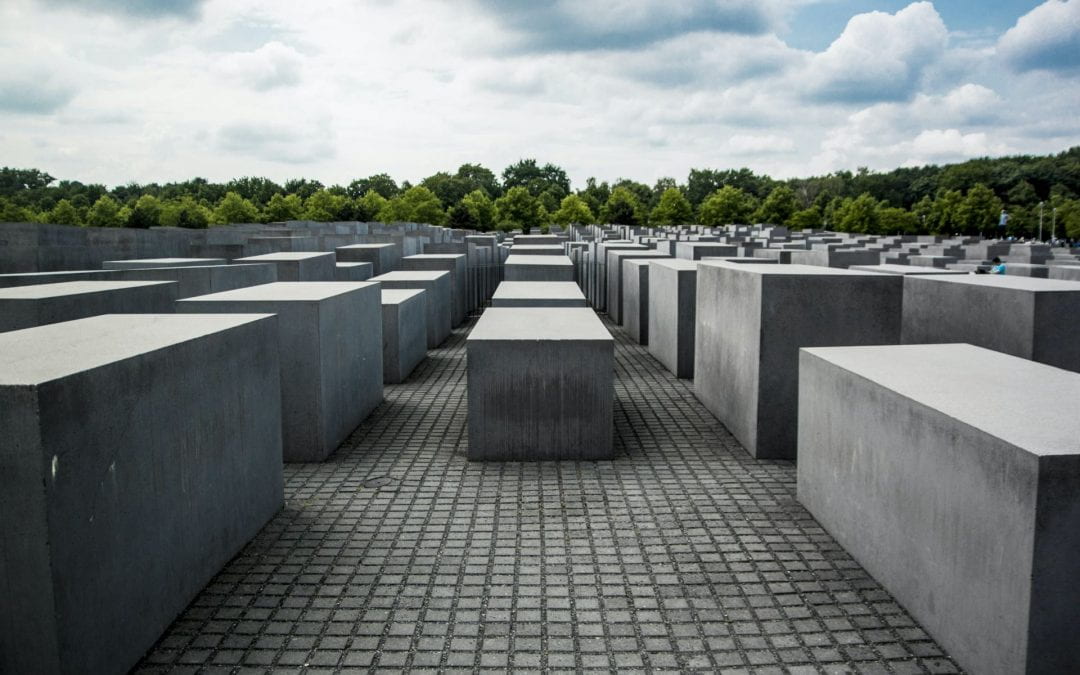After a genocide event, there are voices of remembrance by generations of past survivors. The victims live with the trauma of the experience, which is passed on to the following generations of survivors. How does this affect individuals, groups, and nation-states? What does acknowledgement and commemoration mean for genocide awareness and justice? Doug Becker speaks with Stephen D. Smith, Dovile Budryte, and Maria Armoudian.
Stephen D. Smith is the Finci-Viterbi Endowed Executive Director of the USC Shoah Foundation. He is committed to making the testimony of survivors of the Holocaust and other crimes against humanity a compelling voice for education and action.
Dovile Budryte is a Professor of Political Science at Georgia Gwinnett College. She is an expert in memory politics and is the co-author of Memory and Trauma in International Relations: Theories, Cases and Debates.
Maria Armoudian is a Senior Lecturer in Politics and International Relations at the University of Auckland. She is an expert in media and politics and is the author of Kill the Messenger: The Media’s Role in the Fate of the World.
Podcast:
This interview originally aired on the Scholars’ Circle. To access our archive of episodes and download this interview, click here.
For more of our audio and visual content, check out our YouTube channel, or head to the University of Auckland’s manuscripts and archives collection.
Disclaimer: The ideas expressed in this discussion reflect the views of the guests and not necessarily the views of The Big Q.
You might also like:
How can we recognise and reconcile past humanitarian atrocities? 🔊
What are the root causes of genocide? 🔊

